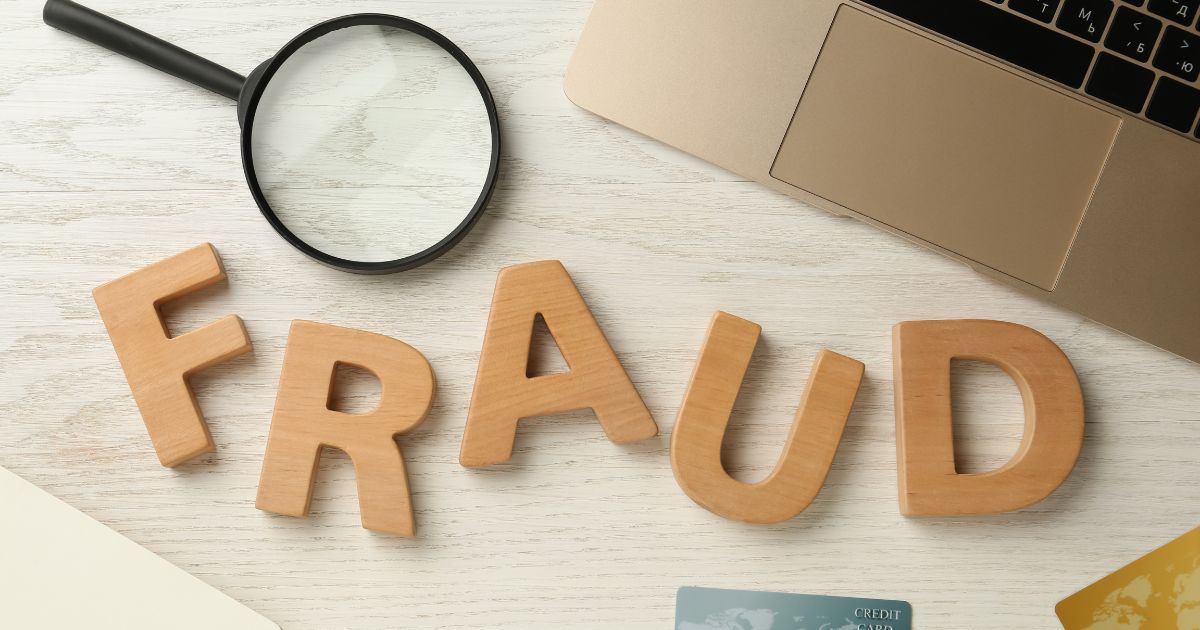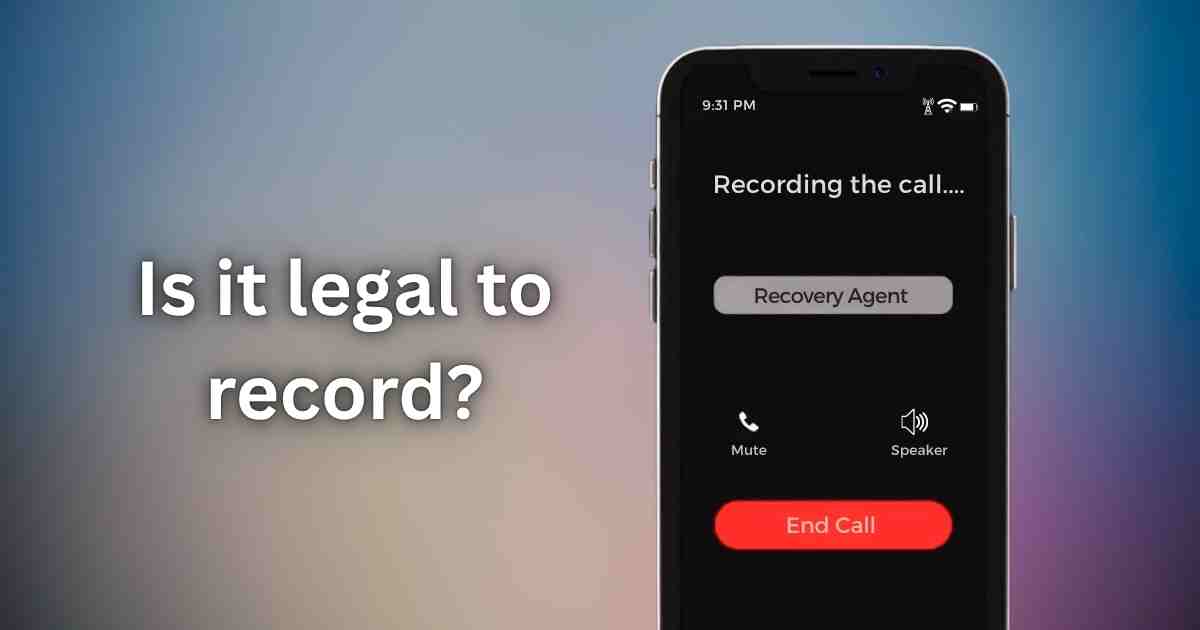· RBI Guildelines · 3 min read
What You Need to Know About RBI Guidelines to Stop Harassment by Recovery Agents
The RBI has set clear guidelines to prevent harassment by debt collection agents, ensuring respectful and lawful practices.
.DB6QitQE.jpg)
Dealing with debt collection can become an exhausting experience, especially when it escalates beyond the standard reminders into harassment. The Reserve Bank of India (RBI) has introduced clear guidelines to curb such practices and ensure borrowers are treated fairly. Understanding these rules can help you protect your rights and handle debt collection more confidently.
1. Prohibition of Harassment by Collection Agents
The RBI explicitly bans harassment by debt collection agents, enforcing strict guidelines to ensure that collection practices are lawful, respectful, and non-threatening. Here’s what this means:
No Abusive Language: Agents are not allowed to use abusive or threatening language while communicating with borrowers.
No Intimidation or Excessive Pressure: Any form of undue pressure to recover debts is prohibited.
Time Restrictions on Calls: Collection calls can only be made between 7 am and 7 pm. This restriction ensures that borrowers aren’t disturbed during odd hours, providing a balance between the agent’s need to reach out and the borrower’s right to privacy.
2. Transparency and Professional Conduct
To further protect borrowers, the RBI mandates collection agents to communicate transparently and professionally.
Clear Identification: Agents must clearly state their name, their organization, and the purpose of their call at the beginning of any interaction.
Privacy and Confidentiality: Without explicit consent from the borrower, agents are not allowed to disclose debt-related information to anyone else. This preserves the borrower’s confidentiality and protects their personal financial details from unnecessary exposure.
3. Written Notices for Formal Communication
Verbal demands for repayment are not sufficient. The RBI guidelines require that debt recovery communications are documented in writing.
Written Notices: Formal written notices provide a record of the interactions and ensure both parties understand the terms and timeline of the repayment process.
Accountability for Banks and NBFCs: Banks and Non-Banking Financial Companies (NBFCs) are responsible for training and supervising their agents to ensure they follow these ethical debt collection standards.
4. Banking Ombudsman Scheme – A Redressal Mechanism
The RBI’s Banking Ombudsman Scheme, particularly Section 12, provides a straightforward, court-free process to address grievances related to unfair banking practices. Here’s how it works:
Complaint Handling: If you have faced issues such as wrongful charges, delays, or improper debt recovery tactics, you can file a complaint with the Banking Ombudsman.
Mediation for Fair Solutions: The Ombudsman listens to both sides, aiming to resolve the matter fairly. This helps borrowers seek redressal and ensures that banks adhere to the RBI’s guidelines.
The scheme simplifies the process of filing complaints, offering a structured way for borrowers to address their grievances.
5. Know Your Rights!
Awareness is the first step toward defense. The RBI’s regulations are designed to protect borrowers from unfair and aggressive debt recovery practices. Familiarizing yourself with these guidelines empowers you to recognize when an agent crosses the line and to take appropriate steps to safeguard your rights.
Conclusion
The RBI’s guidelines are a shield against aggressive debt collection practices, fostering a fair, respectful, and lawful environment for interactions between borrowers and agents. By knowing your rights, you can better manage debt-related challenges and take action if harassment persists. In severe cases, consider seeking professional legal advice to protect your personal and financial well-being.



